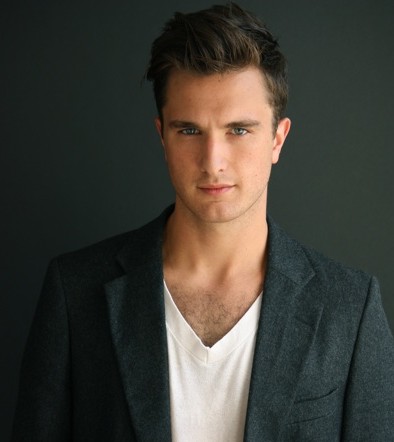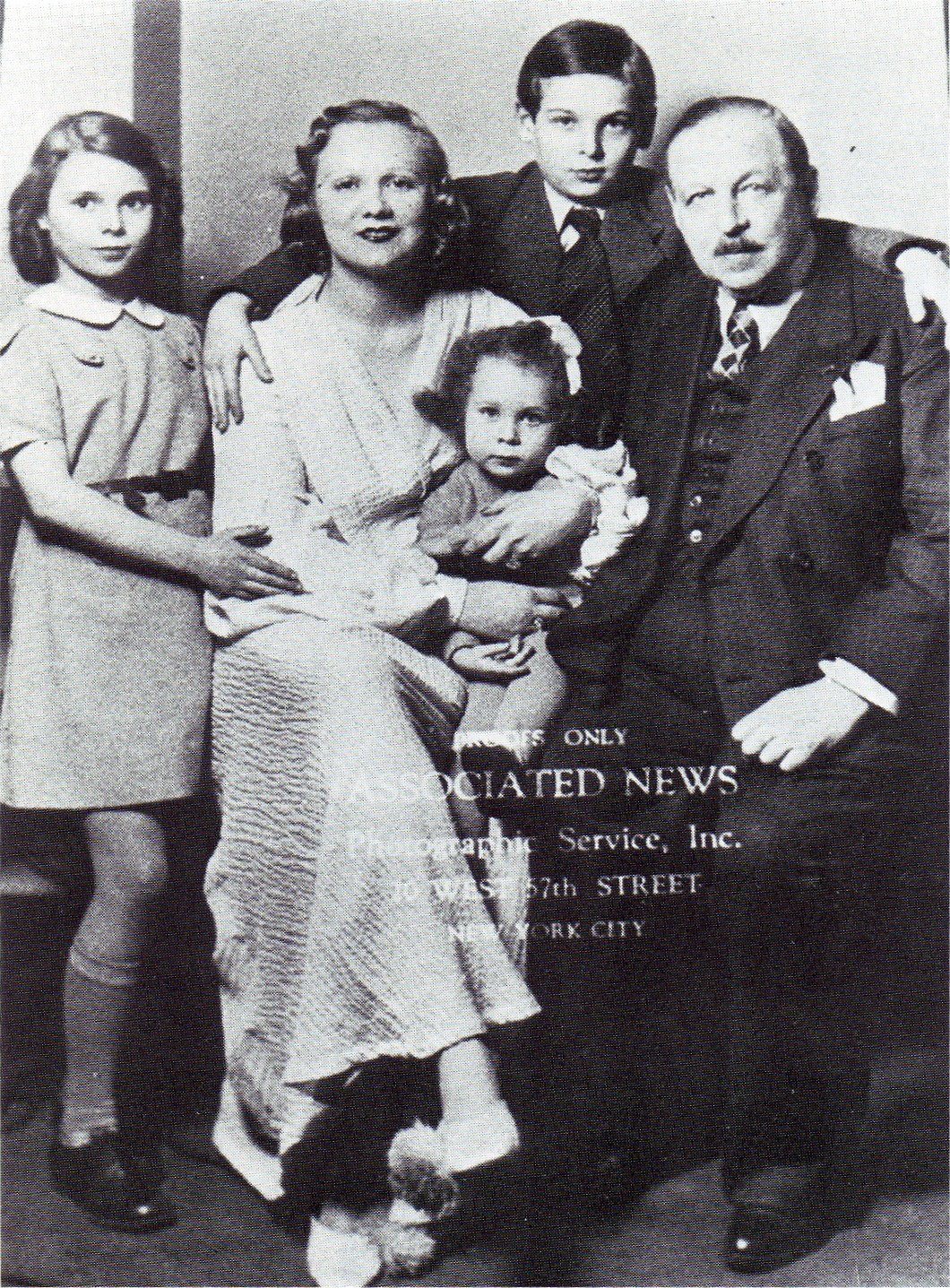Kevin Clarke
Operetta Research Center
17 May, 2017
One of Emmerich Kalman’s great musical idols was George Gershwin whom he entertained in Vienna in 1928, after they both attended a performance of Die Herzogin von Chicago – Kalman’s most radical jazz operetta. Via an old Budapest friend who worked in New York, Kalman regularly received the sheet music of all the latest US hits, and he played them through on his piano. Under the piano, listening attentively, sat Kalman’s oldest son Karl Emmerich, born in 1929. It will not come as a big surprise that these early transatlantic musical experiences marked Kalman Jr., especially after he arrived in the USA with his father in 1940 and heard American music live and saw American musicals on stage on Broadway. From then on, young Kalman’s own music echoed his musical heroes in a fascinating way, both in his early hits from the 1950s and 60s, written for European operetta companies and radio stations, and in his later musicals, plus various concert pieces. Among them is the famous – and often performed – Times Square Fantasy. The echoes of the past also dominate the music on the new CD Dryad’s Kiss: A Musical Fantasy. It’s called “A Tribute to Charles Kalman” and was produced by Michael D. Miller of the Operetta Foundation in Los Angeles.

Emmerich Kalman sitting next to George Gershwin, Vienna 1928.
Dryad’s Kiss is a comparatively late work. It premiered in a German language version at the Theater unter den Kuppeln in Stetten, near Stuttgart. It was an outdoor production that presented the show 12 times, with a pre-recorded chamber orchestra. Whether the production was “a big success,” as Stefan Frey writes in the CD booklet, is a matter of perspective. But, as Frey pojnts out, the same pre-recording is used here, with a re-recorded English language cast singing the original lyrics by June Barbour.

CD cover for the cast album of “Dryad’s Kiss.”
Having attended the maybe-not-so-successful Stetten premiere of this fairy tale musical in 2002, I can safely say that the English text is far better than the German adaptation. Yet the specific beauty of these songs – often reminiscent of Rodgers & Hart – doesn’t quite come across with the LA cast. It’s not that Nathan Brian as the main male character Old Pipes (“a man in his mid-70s”) or Stephen Faulk as his side-kick, the Echo Dwarf, are bad singers, far from it. But in their big ballads they miss the suave crooner quality ideally required, “Love’s an Easy Promise (To Make)” and “When I Close My Eyes” need less singing, and more vocal seduction via microphone.

Operetta crusader Stephen Faulk.
During my many visits with Charles Kalman in his Munich apartment, I had the opportunity to hear “Easy Promise” sung and played by the composer himself many times. It’s one of my favorite Kalman songs of them all, with a knock-out Cole Porter charm à la “Begin the Beguine.” Nathan Brian doesn’t attempt such a Porterish style, maybe because musical director Adam Aceto wanted to interpret the whole show in a different way, less nostalgic, even though it’s all about nostalgia and regaining youth. (I’m sure Nathan Brian and the other cast member would have been capable of a slightly different vocal approach.)
The show itself is an almost childishly simple story about an old man and his even older mother who gets kiss by a dryad in a tree.
Every kiss makes them ten years younger. Which poses certain problems after a certain amount of kisses! (Without going as far as pedophilia, but close enough.)
The fairy tale setting with dwarfs etc. feels like it’s from another time when life and musical theater were simpler, possibly the time of Charles Kalman’s early Broadway experiences. It always touched me deeply hearing the late Charles Kalman sing these songs himself, like an echo from a distant past. Because he had actually personally met all the people he pays homage to: Cole Porter, Lorenz Hart etc. (Porter’s musical arranger was Emmerich Kalman’s closest NY friend, Hart collaborated with Kalman in Miss Underground.) Hearing the LA youngsters performing the songs without such nostalgia and personal affinity is a different matter. Also, Natalie Ballenger as the coloratura singing dryad sounds slightly too shrill for her own good via microphone to make this story a Disynesque listening pleasure.

Charles Kalman sitting at his grand piano, in the Munich apartment on Maximilianstraße, 2006. (Photo: Operetta Foundation)
For me the three piano pieces included on this disc were far more interesting: a Concertino in Three Movements for Two Pianos, a Tribute to Fred Astaire with blue tangos and sambas, and La Parisienne, performed by Adam Aceto and Jan Roper. They capture the feeling of revisiting the 1930s and 40s perfectly, and at times I had the feeling of almost hearing Charles Kalman play himself and tell endless stories of his family life in New York and Vienna.

Emmerich Kalman and his family arriving in New York in May 1940. Yvonne Kalman can be seen sitting on her mother’s knee. (Photo: ORCA)
Even if Dryad’s Kiss with the “extended highlights” presented here is not music for the masses, it’s a labor of love, and it’s a sign of deep respect that Mike Milller took the trouble to get this show onto CD and release a cast album with the original English lyrics. And yes, it’s always a pleasure to encounter Nathan Brian and Stephen Faulk on disc, crooning or not.
You can order the CD – with a booklet essay by Stefan Frey – direction through the Operetta Foundation. To do so, click here.
Here is a clip from a later German language production (2015) with a scene involving the Echo Dwarfs.
